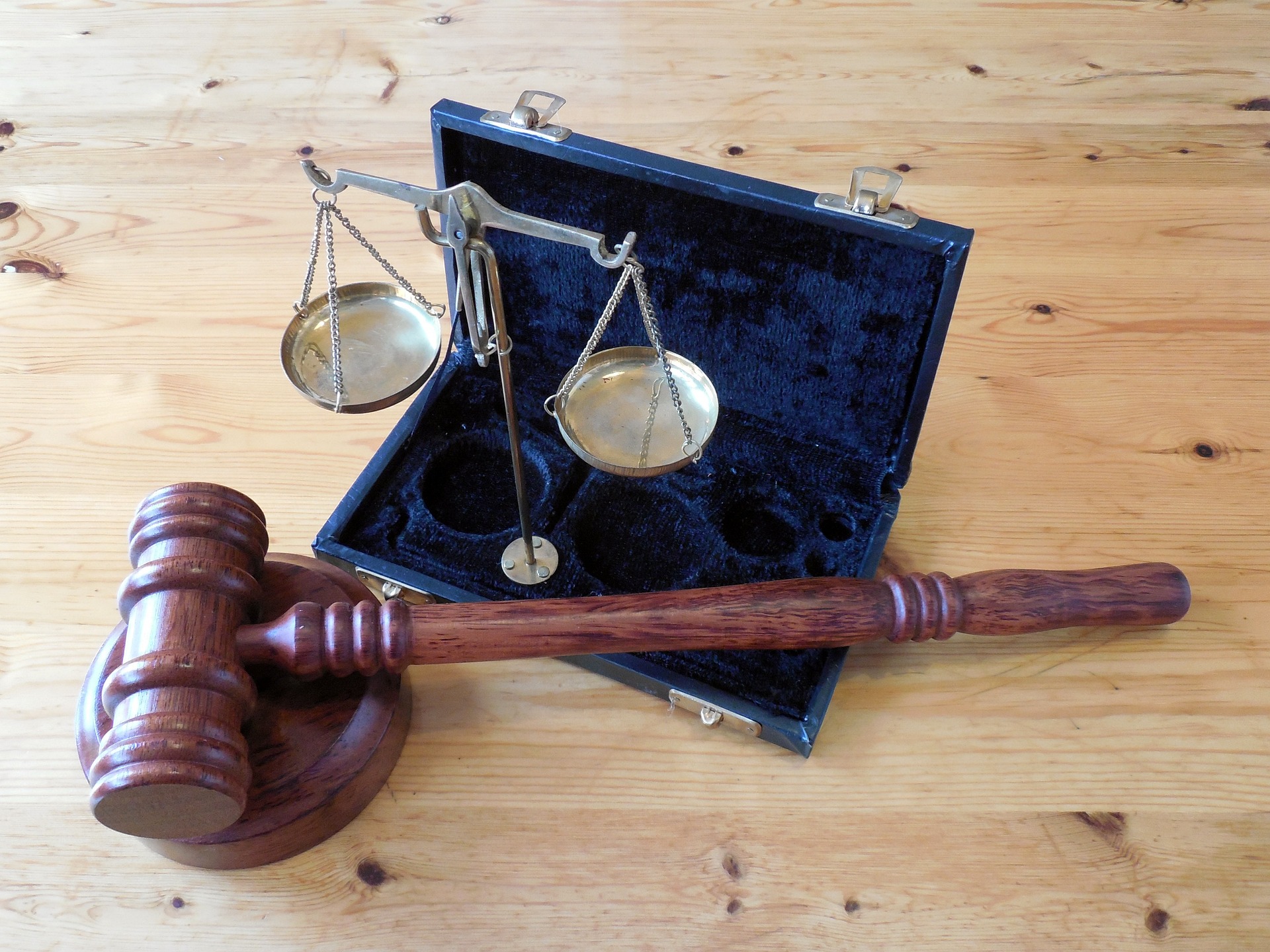Judicial Recusal: Safeguarding Impartiality in the Courtroom
Introduction: In the intricate web of the legal system, judicial recusal stands as a critical mechanism to ensure fairness and maintain public trust. This often-overlooked process plays a pivotal role in upholding the integrity of court proceedings, balancing the scales of justice, and reinforcing the fundamental principle that every individual deserves an impartial hearing.
Historical Evolution of Recusal Standards
The practice of judicial recusal has a long and evolving history in legal systems worldwide. In ancient Rome, the principle of nemo iudex in causa sua (no one should be a judge in their own case) laid the foundation for modern recusal standards. Over centuries, this concept has been refined and codified in various legal jurisdictions, reflecting changing societal norms and expectations of judicial conduct.
Legal Framework Governing Judicial Recusal
In most jurisdictions, judicial recusal is governed by a combination of statutory provisions, case law, and ethical guidelines for judges. These frameworks typically outline specific circumstances under which a judge must recuse themselves, such as financial interests in the case, personal relationships with parties involved, or prior involvement in the matter. Additionally, they often include a catch-all provision for situations that might create an appearance of bias, even if actual bias does not exist.
Challenges in Implementing Recusal Policies
While the principle of judicial recusal is widely accepted, its practical implementation often presents challenges. One significant issue is the subjective nature of determining when recusal is necessary. Judges must navigate a fine line between maintaining their duty to hear cases and recognizing situations where their impartiality might be questioned. This dilemma is compounded in smaller jurisdictions or specialized courts where alternative judges may not be readily available.
The Role of Self-Recusal and Motions for Recusal
Judicial recusal can occur through two primary mechanisms: self-recusal and motions for recusal. Self-recusal relies on the judge’s own assessment of potential conflicts or bias. This proactive approach demonstrates judicial integrity but requires a high degree of self-awareness and ethical commitment from judges. On the other hand, motions for recusal allow parties to the case to formally request a judge’s withdrawal. These motions must typically demonstrate specific grounds for recusal, balancing the need for impartiality with the prevention of forum shopping or tactical delays.
Impact of Recusal on Judicial Proceedings
The recusal of a judge can have significant implications for the progress and outcome of a case. It may lead to delays, increased costs, and in some instances, the need to restart proceedings. However, these short-term inconveniences are generally viewed as necessary trade-offs to maintain the long-term integrity of the judicial system. The impact of recusal extends beyond individual cases, influencing public perception of the courts and the overall administration of justice.
Technological Advancements and Judicial Recusal
In the digital age, new challenges and opportunities have emerged in the realm of judicial recusal. The vast amount of information available online has made it easier to identify potential conflicts of interest, but it has also raised questions about the extent to which judges’ online activities or social media connections should be considered grounds for recusal. Some jurisdictions are exploring technological solutions, such as automated conflict-checking systems, to assist judges in identifying potential recusal situations more efficiently.
International Perspectives on Judicial Recusal
Judicial recusal practices vary significantly across different legal systems and cultures. While some countries have detailed statutory frameworks governing recusal, others rely more heavily on judicial discretion and ethical guidelines. International bodies, such as the United Nations, have worked to establish global standards for judicial conduct, including principles related to recusal. These efforts aim to promote consistency and best practices in judicial ethics across diverse legal traditions.
The Future of Judicial Recusal
As legal systems continue to evolve, so too will the standards and practices surrounding judicial recusal. Emerging areas of focus include addressing implicit bias, enhancing transparency in recusal decisions, and developing more comprehensive ethical training for judges. The ongoing challenge lies in striking the right balance between maintaining judicial independence and ensuring public confidence in the impartiality of the courts.






